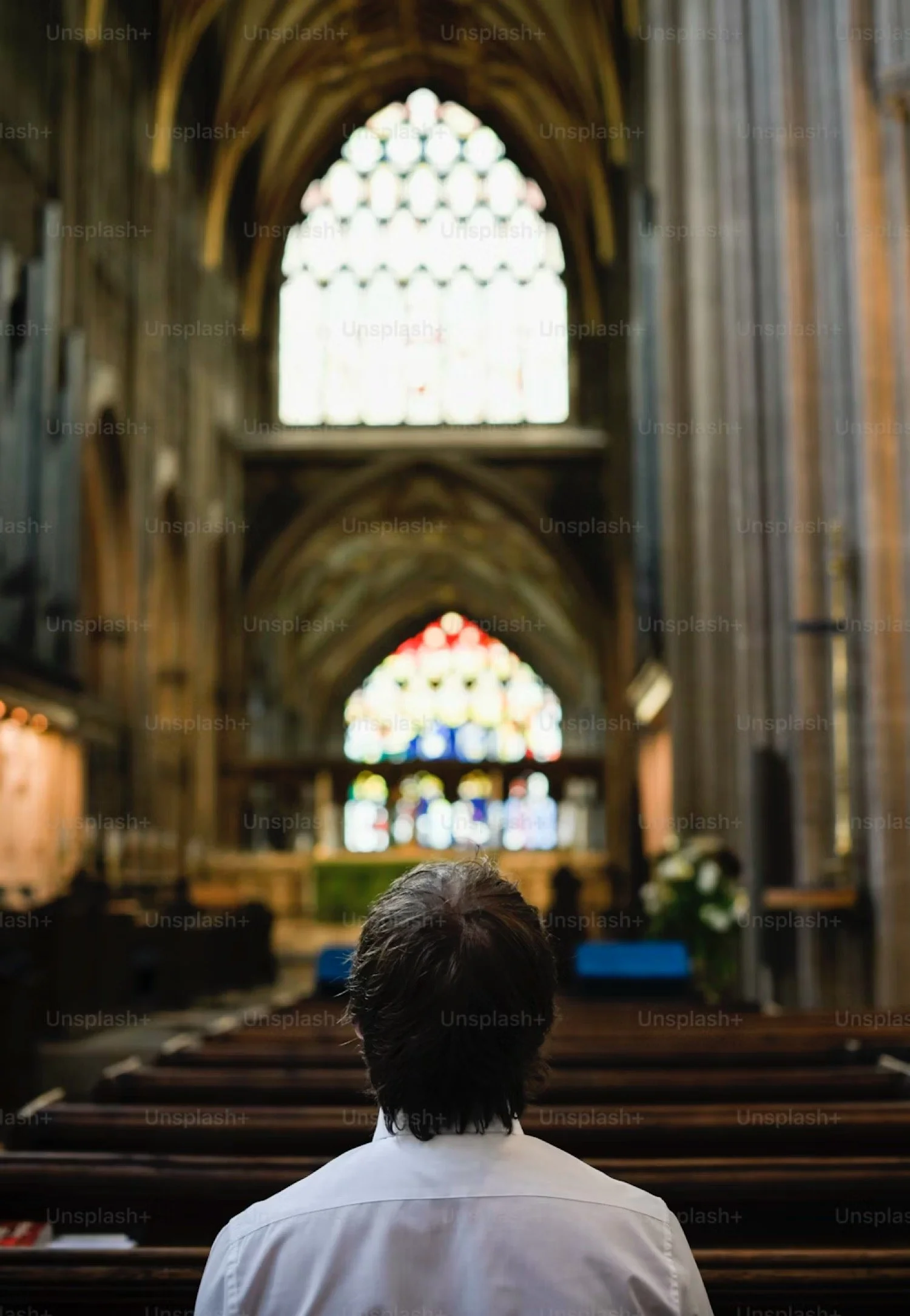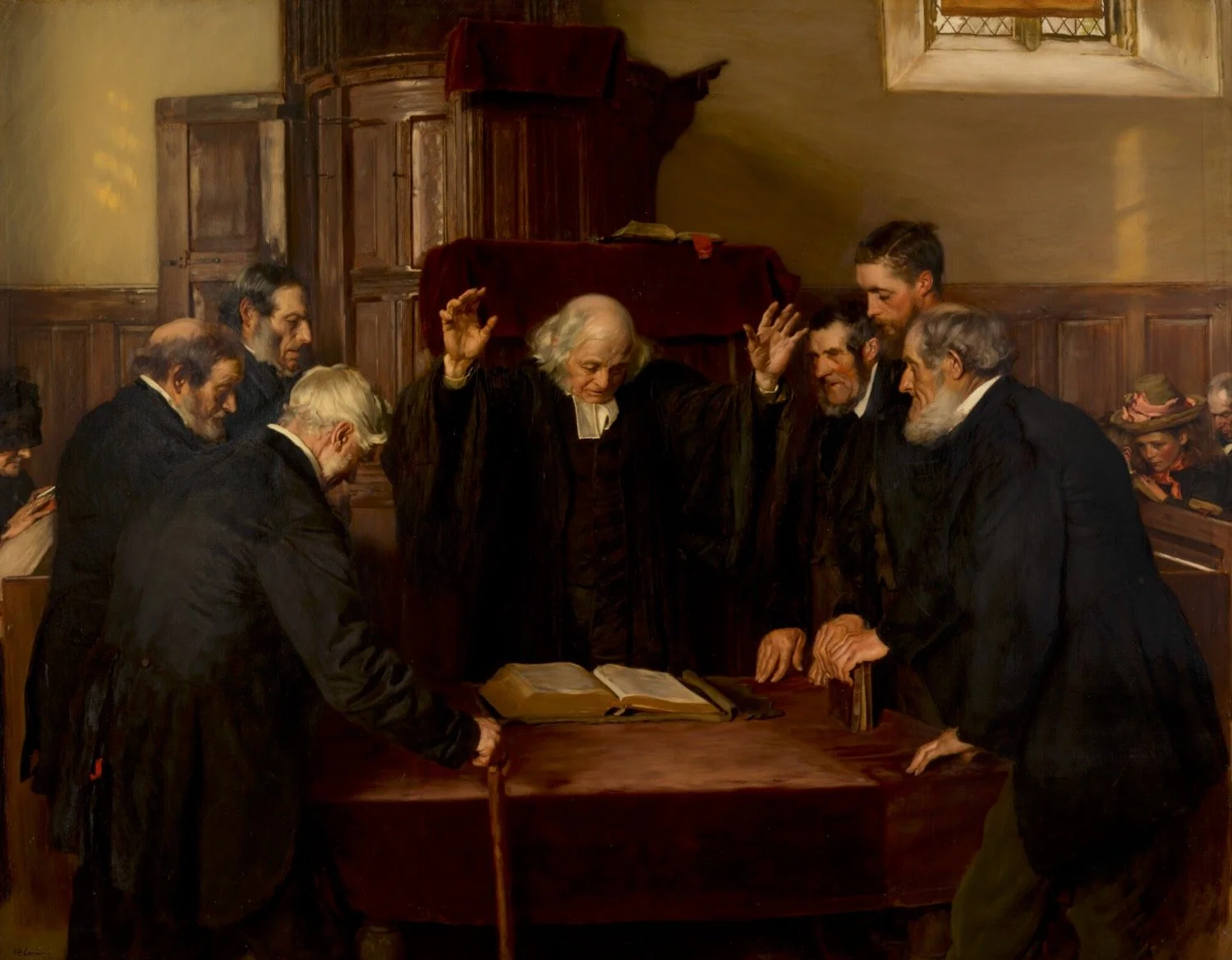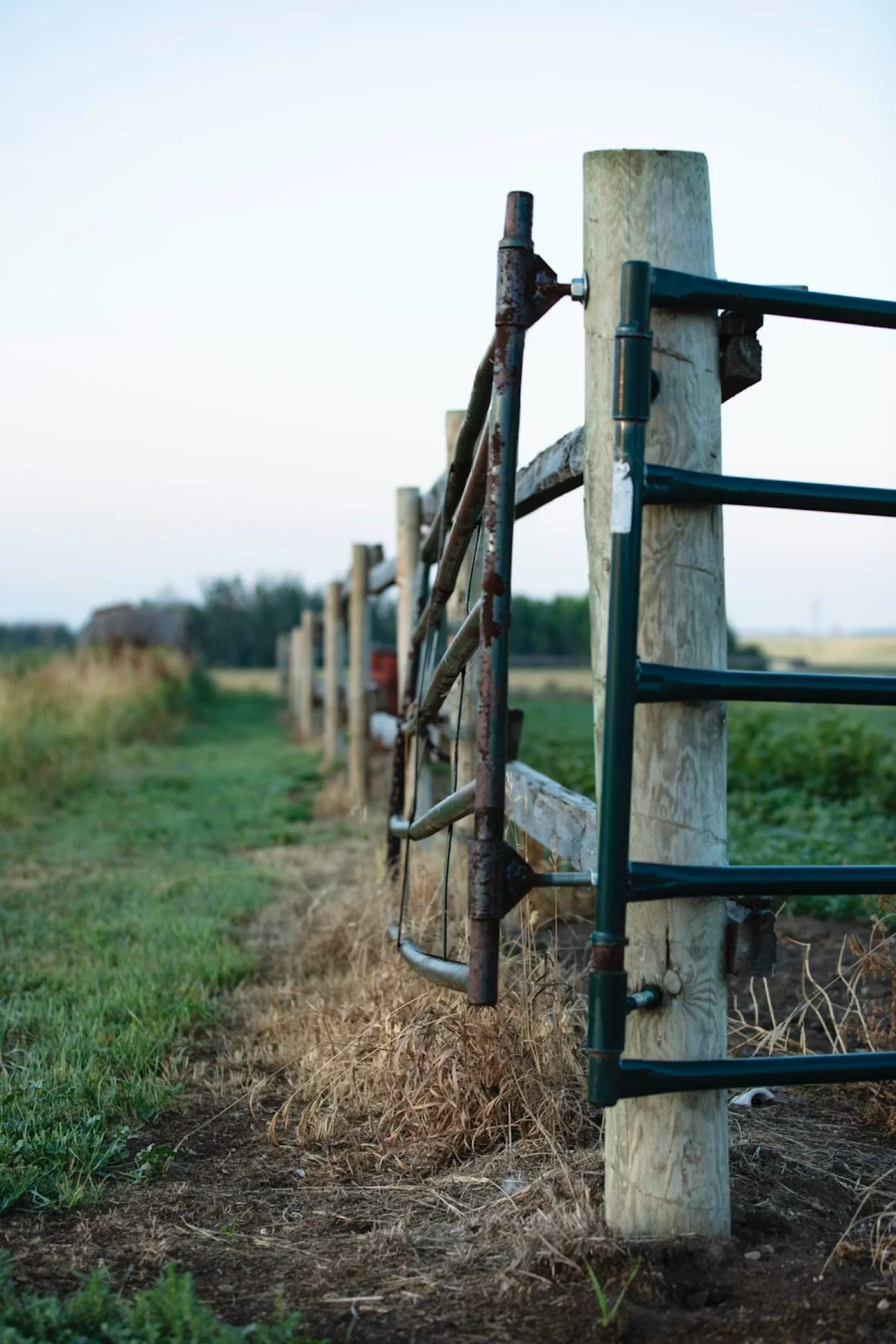Readings for today: Isaiah 1-4
Yesterday was the 4th of July. A day to celebrate the birth of the United States of America. A day to honor the principles on which she was founded. I love how the preamble of United States Constitution lays it out. “We the People of the United States, in Order to form a more perfect Union, establish Justice, insure domestic Tranquility, provide for the common defense, promote the general Welfare, and secure the Blessings of Liberty to ourselves and our Posterity, do ordain and establish this Constitution for the United States of America.” This is a statement loaded with all kinds of meaning, much of which has come under fierce debate some 249 years after the first 4th of July celebration. Whereas the original founders all generally shared a common, biblical understanding of words like “union”, “justice”, “tranquility”, “welfare”, and “blessings”, the definitions of those terms now vary widely depending on your particular political or social or religious point of view. It’s why our fights are so fierce these days. The very heart of our country is at stake. If we can’t find common ground on key ideas like justice, we will never be able to form the more perfect union our hearts desire.
Interestingly enough, the prophet Isaiah was facing a similar situation in ancient Judah. His career spanned the lifetimes of several kings and he saw firsthand how their decisions impacted the nation. He was a court prophet. He spent his time in the royal household and among the leaders of his country. His calling was to preach God’s Word and speak truth to power in the very throne room of the king. And what lay at the heart of Isaiah’s message? Justice. Righteousness. Welfare. Peace. The very things our founding fathers wrote into our constitution. “Wash yourselves. Cleanse yourselves. Remove your evil deeds from my sight. Stop doing evil. Learn to do what is good. Pursue justice. Correct the oppressor. Defend the rights of the fatherless. Plead the widow’s cause. Zion will be redeemed by justice, those who repent, by righteousness.” (Isaiah 1:16-17, 27 CSB)
One of the great temptations we face as Christians is to fall into the trap of believing one political party is more “righteous” than the other. The reality is both are corrupt. Both fall short. Both fail to meet God’s standard for justice and righteousness and welfare and peace. We cannot settle for the lesser of two evils. We cannot use ungodly means to achieve godly ends. God’s standard is not of this world. God’s Kingdom is not of this world. And the people of God should never stop praying and advocating and fighting for God’s will and God’s Kingdom to come on earth as it is in heaven. This means we should never stop seeking divine justice over human justice. Divine righteousness over human righteousness. Divine compassion over human compassion. Divine peace over human peace. This world cannot deliver what our hearts truly desire. And it is only as we seek God that we will find ourselves becoming capable of the kind of justice and righteousness and compassion and peace He promises.
Readings for tomorrow: No devotionals on Sundays




